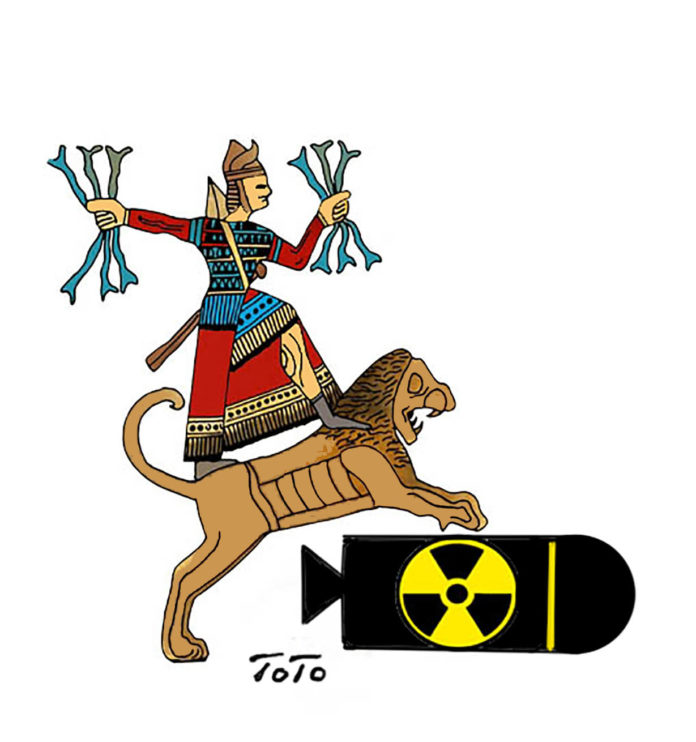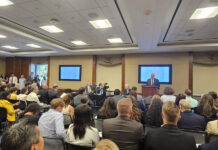On July 24, 1923, the Lausanne Treaty was signed to determine the borders of the current Republic of Turkey. This year, on the 97th anniversary of that treaty, Greece and Turkey were on the brink of war. However, there was not much coverage in the world media about that tension between the two neighboring countries.
Without interest by world media in shining a light on such issues, rogue states like Turkey and demagogues such as President Recep Tayyip Erdogan survive and even thrive.
Writing in the National Interest, Michael Rubin of the American Enterprise Institute, states: “Greek and Turkish fighter jets engaged in mock dogfights this week, over the Greek island of Kastellorizo, just a mile and a half from the Turkish coast, causing tourists to flee. Meanwhile, there is a growing risk that the Turkish and Greek navies will clash hundreds of miles to the west, if Turkey pushes forward with its plan to survey for gas in Greece’s exclusive economic zone. Greek officials say that all options are on the table and German Chancellor Angela Merkel has rushed to mediate as the US officials remain largely absent.”
US officials are certainly absent by design and not necessarily by default, given the increasingly warmer relations between Ankara and Washington. The US has relegated the dirty work of the NATO to Ankara and in turn has been looking the other way as Turkey bullies its neighbors and creates quagmires for Russian forces in Syria and Libya, while intending to do the same in the Caucasus.
A few weeks ago, a secret military document was made public in Turkey about the latter’s plans to invade Greece and Armenia. Ankara did not disavow the news and its ensuing actions are coming to prove that they mean business and perhaps even deliberately to relayed its intent to those countries.
What is the upshot? What are Turkey’s plans? Once again, Rubin answers in the same article, “For reasons of ideology, economics and ego, Erdogan now seeks to undo the Lausanne Treaty: ideology because Erdogan seeks to regain control of certain Ottoman territories and change the demographics of areas outside Turkey’s borders; economics because Turkey seeks to steal resources from recognized Greek and Cypriot exclusive economic zones; and ego, because Erdogan wants to top Ataturk’s legacy as a military victor.”








